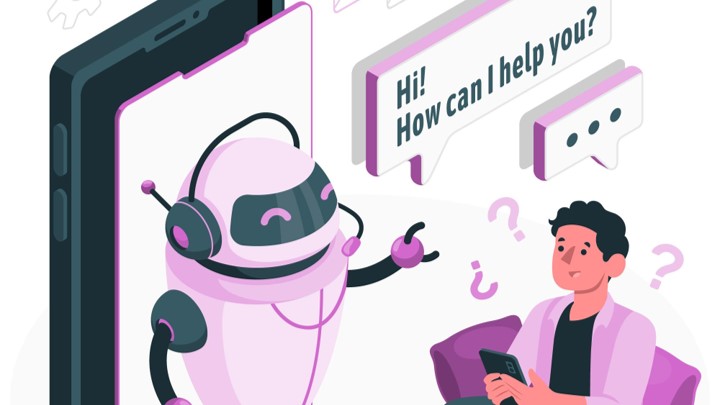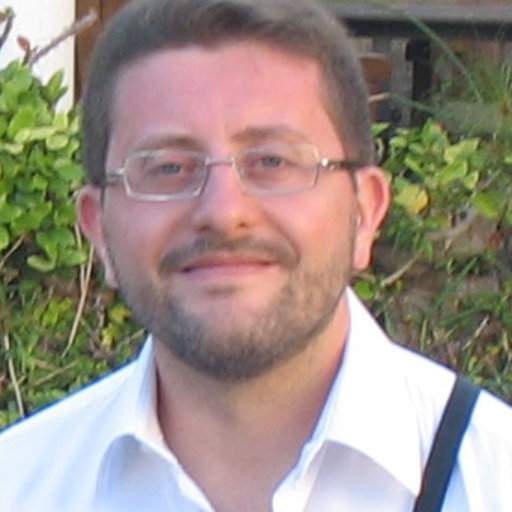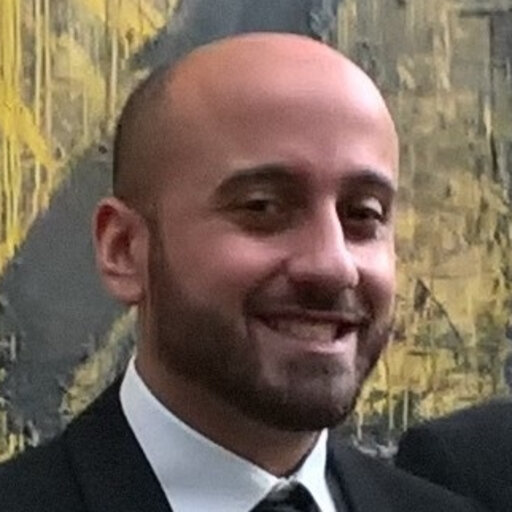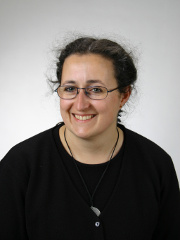Natasa Brouwer
Natasa Brouwer is senior consultant (HE science education) at Teaching and Learning Centre, Faculty of Science, University of Amsterdam.
UvA
In this course you will learn about how to guide students to reach scientific conceptual understanding.


The arrival of Generative Artificial Intelligence (GenAI) in virtually all human activities and the ability to use it in education requires new approaches to teaching and learning in higher education. In this course, you will explore how to engage and motivate students for critical thinking, conceptual understanding, and creating their own new answers while having GenAI at their disposal. You will be encouraged to share your thoughts and experiences from teaching practice with your fellow participants in this course. This course takes about two hours to complete.
After completing this short online course the participants will be able to:
• Describe the scope and limitations of GenAI in relation to education
• Propose what learning skills students need to develop for responsible use of GenAI to develop critical and creative thinking
• Use critical and creative teaching approaches for achieving deep understanding and for recognizing alternative conceptions in students in the age of GenAI
• Reflect on a role of the lecturer and the needs of students in the age of GenAI
Welcometo join this short online course!
The target group of this course are primarily lecturers who teach in higher education.There are no pre-requisites to follow this course.
If you wish to learn more about how to measure misconceptions you can join the microMOOC "How to elicit misconceptions"
Natasa Brouwer is senior consultant (HE science education) at Teaching and Learning Centre, Faculty of Science, University of Amsterdam.

Associate Professor in General Chemistry at the Department of Chemical Sciences of the University of Naples Federico II. Experience in polymer chemistry and cristallography. Involved in STEM-CPD@EUni project as co-leader of O5, responsible of the development of the Summer Schools.

Assistant Professor in Industrial Chemistry at the Department of Chemical Sciences of the University of Naples Federico II. Experience in catalysis, kinetics and reactor modeling. Involved in STEM-CPD@EUni project as leader of O5, responsible of the development of the Summer Schools.

Prof. Iwona Maciejowska, a lecturer and a researcher at the Department of Chemical Education, the head of the Ars Docendi Council at the Jagiellonian University in Kraków, Poland. An editor, an author and a co-author of books (15), papers (over 100) and courses for chemistry teachers and academic teaching staff eg. MOOC on the Coursera platform "Teaching in university science laboratories. Developing good practice". A co-editor of Chemistry Teacher International journal, an initiator of the biannual European Variety in University Chemistry Education conference.

Dr Črtomir Podlipnik is a assistant professor for physical chemistry at Faculty of Chemistry and Chemical Technology, University of Ljubljana.
The Open edX platform works best with current versions of Chrome, Edge, Firefox, or Safari.
See our list of supported browsers for the most up-to-date information.
Course image card credits: Image by storyset on Freepik
